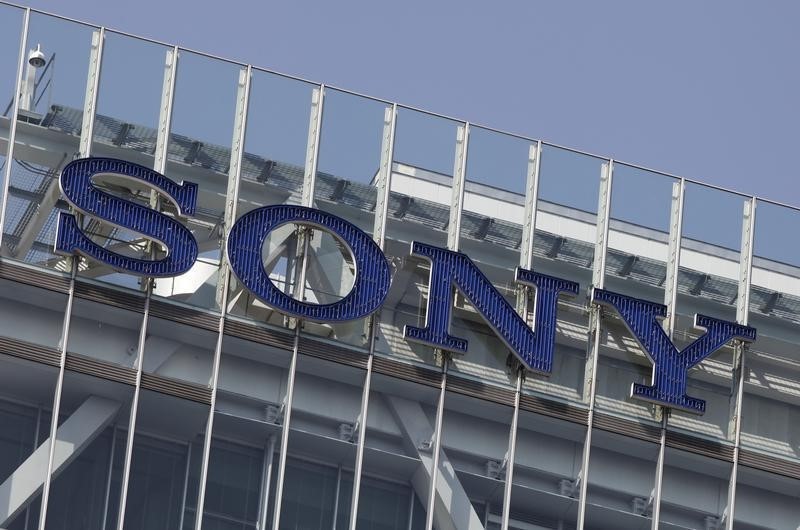- Blockchain and digital assets have become an opportunity for new companies to emerge in the music industry.
- Such companies promote profound change in the way artists and fans interact and engage with their work.
Blockchain technology and digital assets serve as the catalyst to many things, including giving artists back control of their creations. One of the first to discover the enormous potential of cryptocurrencies as a means to improve their business was American singer songwriter, Curtis James Jackson.
In 2014, the popular rapper, better known as “50 Cent”, accepted Bitcoin payments for his newly released album ‘Animal Ambition’ album. That year he made a whopping $7.7 million in equivalent cryptocurrency sales. It was a risk taken without much analysis—the artist admits that only his nose for business told him that this was the way to go.
Then came Icelandic singer Björk, who also elected to accept bitcoin payments, partnering with AudioCoin (ADC) for the release of her album ‘Utopia’ in 2017. Those who purchased her music also received 100 AudioCoins to be used for the purchase of more music.
Since then, the foray of artists into the crypto industry continues to grow by leaps and bounds around the world. In this way, music creators and bands are taking control of their own business, limiting the influence of the big record labels.
Taking Back Control and Increasing Revenue
The digital asset industry has provided artists with the unique opportunity to have more control over their productions, increasing the autonomy and security of their music. Blockchains are not only secure channels for sharing music, but could even serve to help prevent issues related to copyright.
Since the launch of titanic shared music platforms such as Spotify (NYSE:SPOT), artists have been relegated to the background, being forced to submit to the disadvantageous rules of global companies in order to be present in their catalogues.
The use of cryptocurrencies and other digital assets in the music industry has been changing the way musical artists share their work, while the commercial relationship between artists and fans is becoming deeper and more direct as a result.
The Chainsmokers is one of the most prominent examples of how blockchain technology is helping artists connect with their fans without intermediaries, while increasing their profits at the same time.
Earlier this year, the New Yorker pop duo launched 5,000 free NFTs. With these non-fungible tokens, fans gained a number of benefits, including discounts on the purchase of the latest Chainsmokers album, VIP access for ticket purchases of their concerts, and free merchandise.
The Ability (OTC:ABILF) to Invest in Favored Bands
The duo is not the only group to be experimenting with digital assets of marketing their work and related shows. Royal, a cryptocurrency startup by music DJ, producer, and entrepreneur Justin “3LAU” Blau, is breaking new ground in the music business through blockchain technology.
Royal was founded in 2021 by Blau and his partner JD (NASDAQ:JD) Ross, another music industry entrepreneur. The platform allows artists to sell royalties from their work to fans as NFT collectibles—although Blau prefers to call them “limited digital assets”.
The company offers fans greater access to the music they love, but also the ability to invest in and support their favorite bands, something that was unimaginable just a few years ago. The innovation represents a new source of financing for incipient music groups, and even those that have fallen by the wayside.
Blau was a pioneer in launching a blockchain-powered music festival in 2018. At the event, attendees could earn collectible assets by scanning QR codes. Three years later, he held an auction of 33 NFTs to commemorate the third anniversary of his album ‘Ultraviolet‘.
Within just 24 hours, the NFT auction, containing songs from the album as well as physical vinyl records and previously unreleased music tracks, raised $11.6 million.
“All the people who had spent money on that stuff believed in the narrative that I was pushing for many years," Blau said recently in an interview. He further added that he “felt an innate responsibility to see the technology evolve into what I wanted it to be." “From the one day (of the launch of Royal), we never used the word NFT”, highlighted Blau, perhaps because the NFT market had been going through hard times as many businesses were branded as “fraudulent”.
“There’s all this baggage that’s carried by this phrase. And in building Royal, the goal was always to give people access to an asset class: music”, explained the CEO of Royal. Among the list of bands and artists already working with Royal are The Chainsmokers, Nas, Big Boi, Diplo, and many more.
Fractional ownership of royalties is sold to fans along with other benefits. Among them are experiences with bands or artists, merchandise, access to unreleased songs, and bonus privileges to attend events and access future releases.
The metadata behind such NFTs marketed by artists offers a wealth of information about their work. Such data includes: author / composer; thee name of the license for advertising purposes; where, how and when the work was recorded; the album or playlist in which the song was published; and more.
Why You Should Care
- Some believe that the music industry associated with blockchain and cryptocurrencies will start a new financial wave after the crypto winter.
There are a range of other NFT companies in the music industry working parallel to Royal. Some of those working to develop the industry are Opulous, Catalog, and the RoyaltyExchange song royalty sales platform.
There are a handful of big record companies that are not far behind in the Web 3.0 space, with Sony (NYSE:SONY) Music, Universal Music Group (AS:UMG), and online music streaming giant Spotify all making strides to explore the technology.
Nevertheless, currently only companies like Royal—created by artists, for artists—are the ones truly pushing for drastic change in the music market with their innovative approach to the industry.
